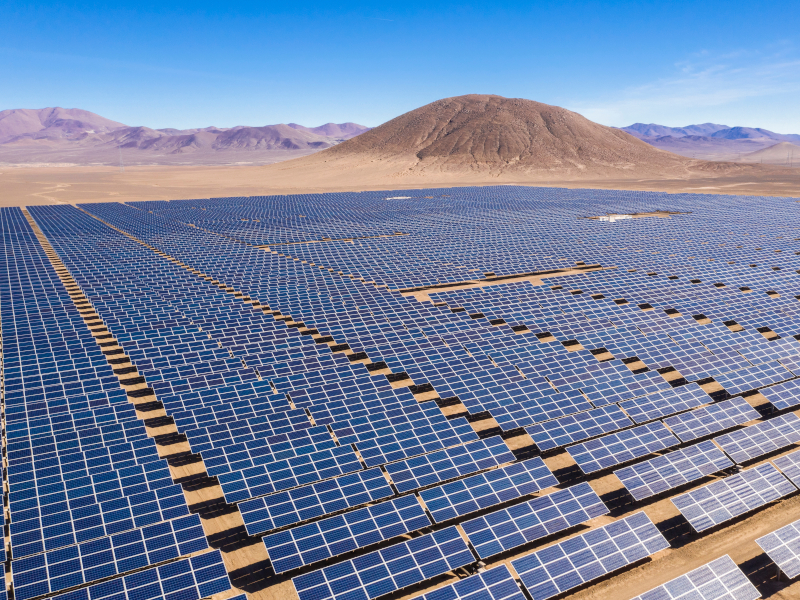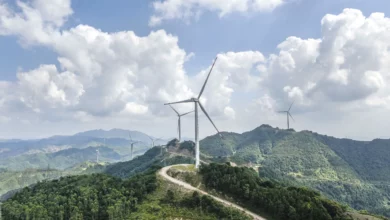
Investment in clean energy will extend its lead over spending on fossil fuels in 2023, the International Energy Agency (IEA) said Thursday, with solar projects expected to outpace outlays on oil production for the first time.
Annual investment in renewable energy was up by nearly a quarter since 2021, compared with a 15 percent rise for fossil fuels, the Paris-based energy watchdog said in its World Energy Investment report.
However, fossil fuel investment is still double the level it needs to fall to if the world is to achieve net-zero emissions by mid-century.
“Clean energy is moving fast — faster than many people realize,” said IEA executive director Fatih Birol.
“For every dollar invested in fossil fuels, about 1.7 dollars are now going into clean energy. Five years ago, this ratio was one-to-one.”
Around $2.8 trillion is set to be invested in energy worldwide in 2023, of which more than $1.7 trillion is expected to go to renewables, nuclear power, electric vehicles, and energy efficiency improvements. The rest will go to oil, gas and coal.
In 2023, solar power spending is due to hit more than $1 billion a day or around $380 billion on a yearly basis.
“This crowns solar as a true energy superpower. It is emerging as the biggest tool we have for rapid decarbonization of the entire economy,” Dave Jones, head of data insights at energy think tank Ember, said in a statement.
Investment in new fossil fuel supply will rise by 6% in 2023 to $950 billion, the IEA added.
The agency did not expressly reiterate its blockbuster projection from 2021 that investors should not fund new oil, gas and coal supply projects if the world wants to reach net-zero emissions by mid-century.
Producer group OPEC has said calls by the IEA to stop investing in oil undermine global energy security and economic growth. Scientists and international climate activists have warned that the fossil fuel industry exacerbates the catastrophic impacts of climate change.




